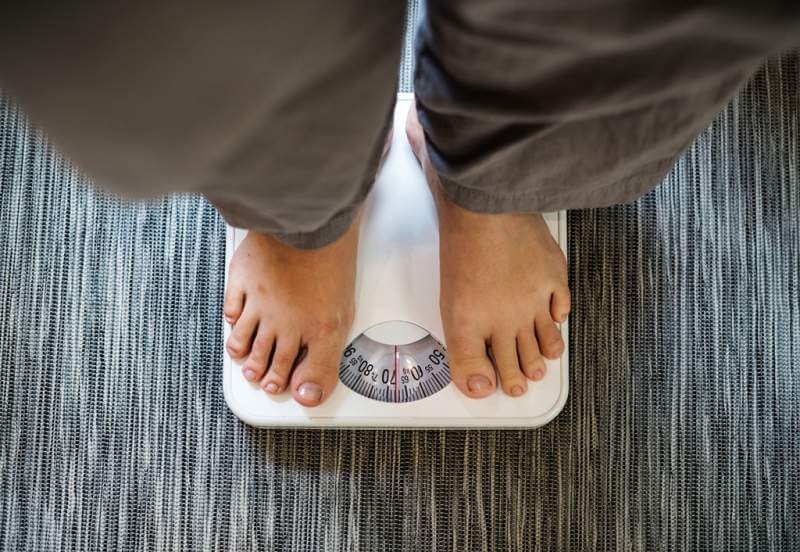Sleeping well is meant to enjoy good health, despite the hectic pace of today’s life, sleep is a basic need that should not be set aside, so it can be said that good sleep is inevitable since sleep in its fair amount provides hundreds of benefits for health and intellect. A good night’s sleep is incredibly good for your health, as well as a balanced diet and exercise.
It also has other benefits that go beyond not having dark circles and feeling rested. If you do not get enough sleep, the person does not concentrate well the next day and has problems learning data. During sleep, neurons can correct any damage; without these repairs, these brain cells may not function properly due to the accumulation of debris in them.
The brain is surprisingly busy while asleep, because at that time it strengthens the memory or practices the skills learned when one is awake, a process called consolidation.
If you want to learn something, be it physical or mental, something happens when you sleep that makes you assimilate it better, that is, if you want to memorize something new, it will be better after resting. In addition to improving memory or strengthening it, the brain reorganizes memories, resulting in more creativity the next day. During sleep the emotional components of a memory are strengthened, which can help the creative process.
Not sleeping reduces the body’s ability to regulate the hormones that control appetite. This could result in increased hunger and a preference for carbohydrate-rich foods. Lack of sleep decreases leptin, a hormone that tells the brain that no more food is needed, and increases ghrelin, the hormone that triggers hunger. Also, the body produces extra molecules of protein while sleeping that strengthen the ability to fight an infection.
These molecules help the immune system heal the body at a cellular level when it is stressed or has been exposed to harmful elements such as contaminants or bacteria. The dream impacts many of the chemicals in the body, including serotonin. The deficiency of this can, with more probability, lead to depression. It can help prevent it by ensuring enough sleep every night, such as between 7 and 9 hours daily.
Today we will tell you six benefits of having a good night’s sleep by observing the article at ProBuyTools:
Sleeping Can Cause Gaining of Weight
 Medical studies indicate that sleeping badly is related to being overweight. People who sleep little for example tend to gain significantly more weight than those who sleep about 8 hours a day.
Medical studies indicate that sleeping badly is related to being overweight. People who sleep little for example tend to gain significantly more weight than those who sleep about 8 hours a day.
What’s more, the nights we spend on sleep are one of the biggest risk factors for obesity. In a massive study it was discovered that children and adults who sleep little and poorly are between 89% and 55% more likely to be obese. It is assumed that lack of sleep interferes with some hormonal processes and also discourages people from exercising.
Your body produces extra protein molecules while you sleep that helps you strengthen your ability to fight off an infection and stay healthy. These molecules help your immune system heal your body on a cellular level when you are stressed or have been exposed to harmful elements such as contaminants or bacteria.
Sleep Well Consume Fewer Calories
 According to scientific studies, individuals who are deprived of sleep tend to consume more calories. By sleeping little and badly, the normal daily fluctuations between appetite and satiety and some hormonal processes are disrupted.
According to scientific studies, individuals who are deprived of sleep tend to consume more calories. By sleeping little and badly, the normal daily fluctuations between appetite and satiety and some hormonal processes are disrupted.
This includes higher levels of ghrelin, a hormone that stimulates appetite, and reduced levels of leptin, the hormone that suppresses appetite.
Improves Concentration
 When you do not get enough sleep, you cannot concentrate well the next day and have trouble learning data. Researchers believe that while you sleep, your neurons can stop and correct any damage done during the day.
When you do not get enough sleep, you cannot concentrate well the next day and have trouble learning data. Researchers believe that while you sleep, your neurons can stop and correct any damage done during the day.
Without these repairs, your neurons may not function properly due to the accumulation of debris in them. One study showed that inmates in a hospital committed up to 36% more serious medical errors when they were deprived of sleep than their counterparts who had slept well.
What’s more, another study found that poor sleep negatively impacts the brain and its functions in much the same way that alcohol poisoning does.
Keeps Heart Healthy
 Heart attacks are more common at some point in the early hours of the day; this truth can be explained by means of the manner in which the dream interacts together with your blood vessels.
Heart attacks are more common at some point in the early hours of the day; this truth can be explained by means of the manner in which the dream interacts together with your blood vessels.
Loss of sleep has been related to bad blood strain and cholesterol, all taken into consideration as danger factors for the heart disorder.
Depression
 The dream impacts many of the chemicals in your body, including serotonin. People with serotonin deficiency may, more likely, suffer from depression. You can help prevent it by making sure you get enough sleep every night, like seven to nine hours a day.
The dream impacts many of the chemicals in your body, including serotonin. People with serotonin deficiency may, more likely, suffer from depression. You can help prevent it by making sure you get enough sleep every night, like seven to nine hours a day.
